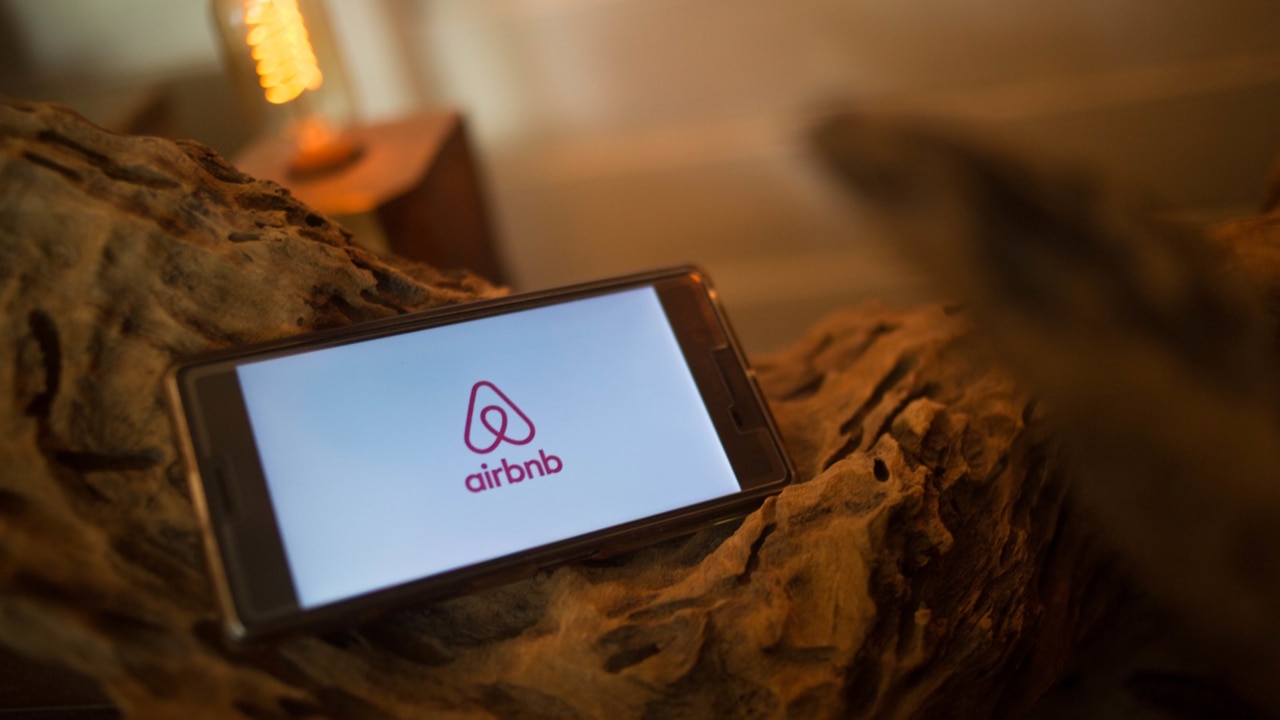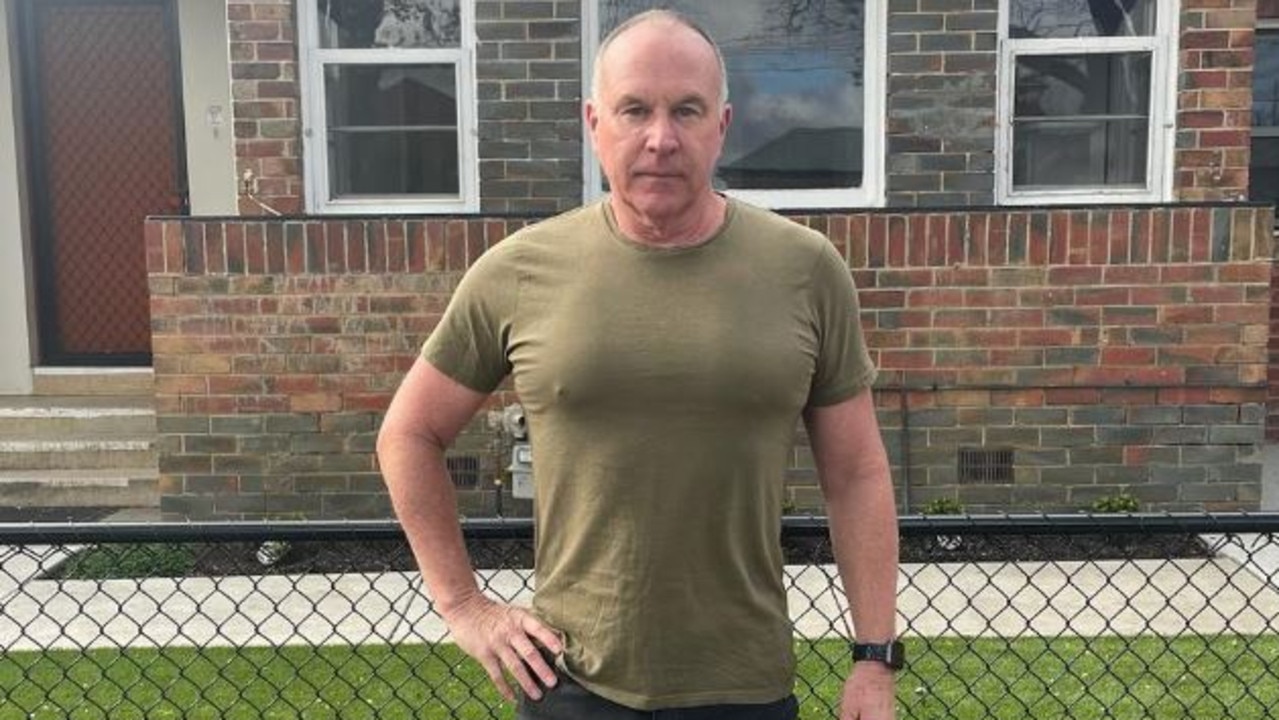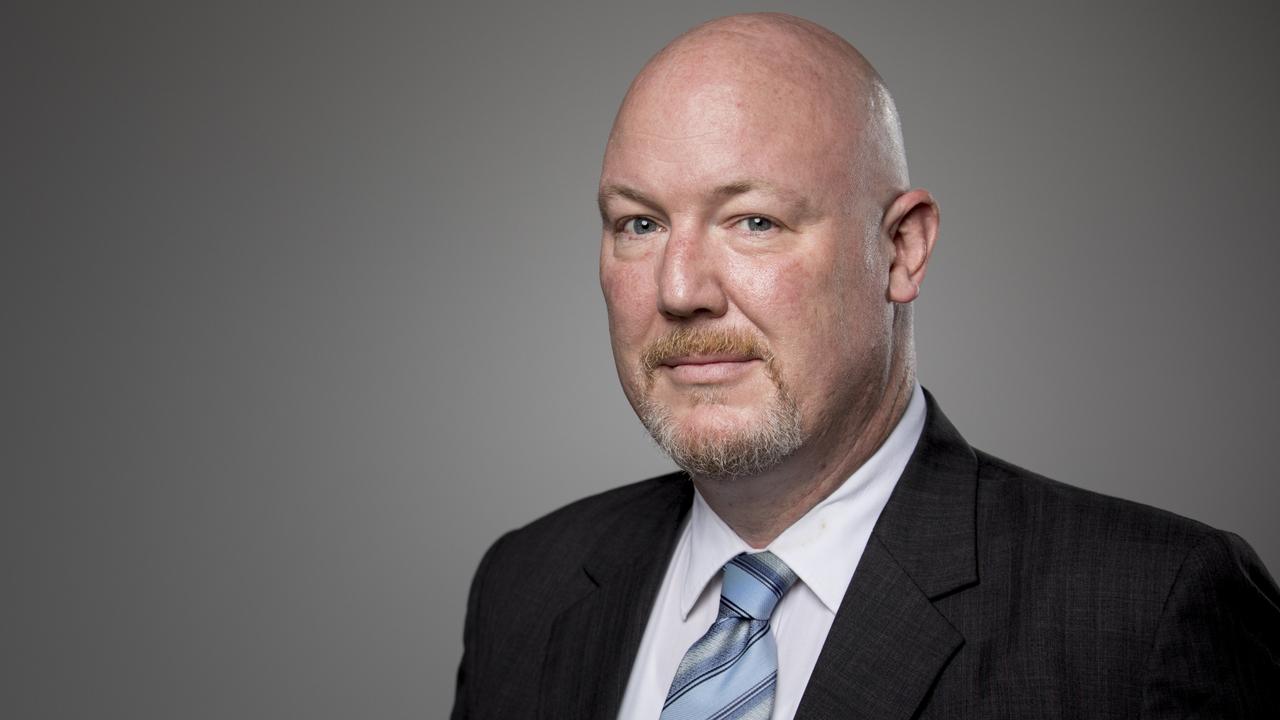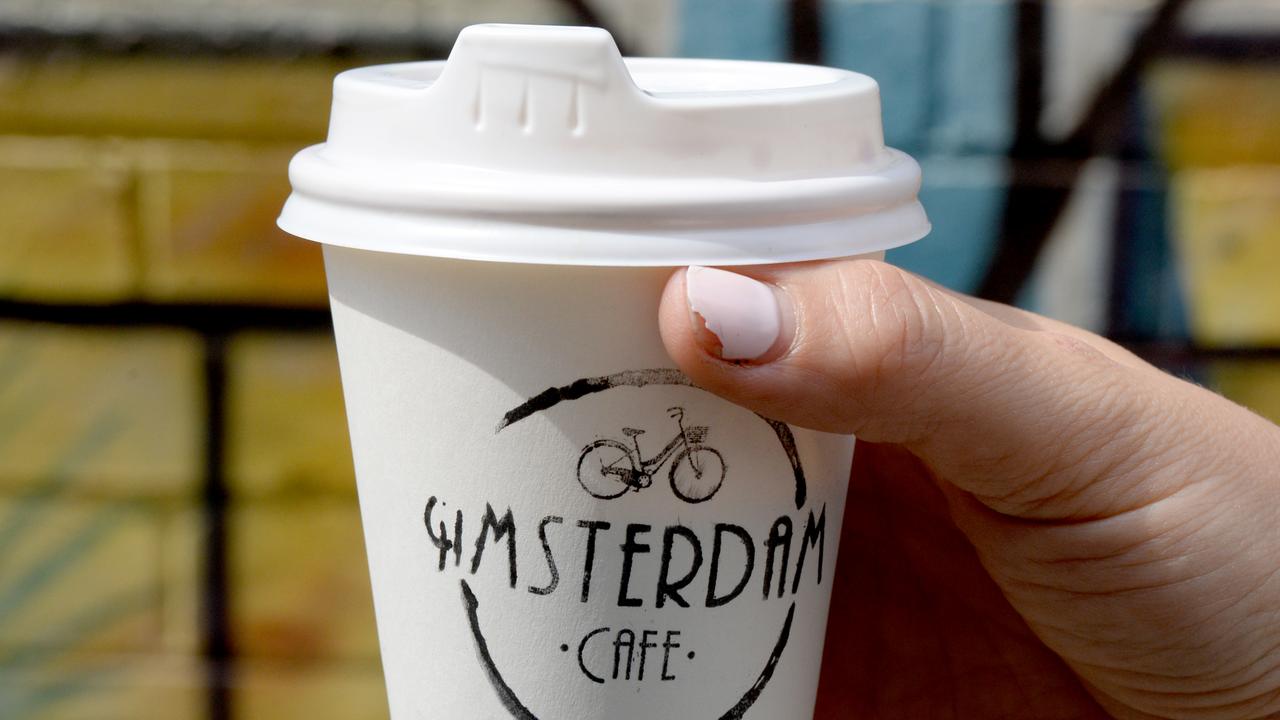Book an Airbnb for 2025 now to avoid this tax
Plans for a 7.5 per cent short stay accommodation levy are going ahead, but a loophole to avoid paying the tax has emerged.

EXCLUSIVE
With the Victorian government pushing ahead with plans for its 7.5 per cent short stay accommodation levy, a loophole to avoid paying the tax has emerged.
The government is yet to introduce legislation into parliament to formalise the tax, but it is understood that it will apply to bookings taken from January 1, 2025, rather than to stays from that date.
That means that by booking short stay accommodation in Victoria for 2025 now – or by December 31 this year – visitors can avoid paying the proposed levy, which will be passed on to travellers in the form of higher fees, rather than absorbed by accommodation providers.

Chris Tuohey, who owns two properties in the regional Victorian town of Bendigo that rent out under the 2EasyApartments brand, told news.com.au he has already taken some bookings for 2025.
He said that the lack of details of the tax or communication from the government was creating confusion and uncertainty in the short stay accommodation industry.
Eacham Curry, senior director of government and corporate affairs at rental platform Stayz told news.com.au that many travellers booking Victorian stays for 2025 will likely avoid the tax as “most people start thinking about booking around nine months ahead of travelling, particularly for longer and more expensive trips”.
He added that with the legislation yet to be unveiled, the timeline is “pretty tight” for the tax to begin from January 1.
News.com.au understands that the legislation will be introduced into parliament in the coming months.

Michael Crosby, head of public policy for Airbnb Australia and New Zealand told news.com.au: “Airbnb and the sector has been working with the Victorian government on the announced short stay levy and is now waiting on the government to release the legislation”.
The government held consultations with the short stay accommodation sector at the end of last year after then-Premier Dan Andrews announced last September that a 7.5 per cent tax would be added to all short-stay accommodation bookings.
The levy forms part of the government’s Housing Statement, which seeks to address rental property shortages in the state, among other housing issues.
The levy is forecast to raise $70 million a year, although sources close to the government told news.com.au that the actual amount could be lower, with government estimates putting the range at between $50-75 million a year.
At the time of the September announcement, hosts and platforms, such as Stayz and Airbnb, criticised the plan for a lack of detail and questioned whether it would make a real impact on the provision of more affordable long-term housing in the state.

The short stay industry also considers the levy too high, and it is understood platforms are continuing to lobby for a lower figure of three to five per cent.
Booking platforms are also understood to be lobbying the government to introduce a mandatory statewide registration scheme for the short stay providers, so that those offering direct bookings from their own websites or via real estate agents do not escape the levy.
Earlier calls by the short stay platforms that hotel stays should also be subject to the levy fell on deaf ears, with the government deciding to exclude hotels from the tax.
News.com.au contacted the Victorian government, but it declined to comment.
Read related topics:AirBnB






